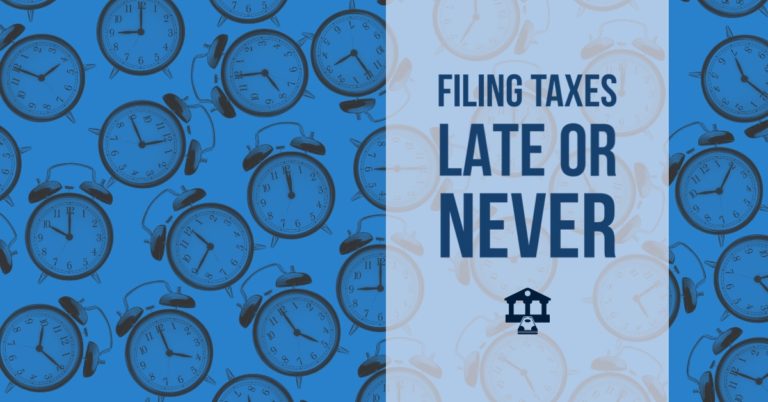No one every thinks a natural disaster can happen to them. But it makes sense to be prepared.
With the threat of hurricanes and wildfires ramping up, the Internal Revenue Service (IRS) urges all taxpayers to update or develop an emergency preparedness plan. Natural disasters often happen “out of the blue” as many in the St. Louis area discovered this summer when flash flooding caused great damage to many businesses and homes unexpectedly.
Everyone—from individuals to businesses—can start now by:
- Securing and duplicating essential tax and financial documents
- Creating lists of property
- Knowing where to find information once a disaster occurs
Why is this important?
In the aftermath of a disaster, if you have updated documents and other information readily available, you can apply for the relief available from the IRS and other agencies.
Disaster assistance and emergency relief may help taxpayers and businesses recover financially from the impact of a disaster, especially when the federal government declares their location to be a major disaster area.
Keep Original Documents Secure
Taxpayers should keep critical original documents inside waterproof containers in a secure space, including:
- Tax returns
- Birth certificates
- Deeds
- Titles
- Insurance policies
- Other important items
In addition, consider having a relative, friend or other trusted person retain duplicate copies of these documents at a location outside the potentially impacted disaster area.
Make Digital Copies
Consider scanning original paper documents into a digital file format. Saving them in a secure digital location, like a cloud-based storage application, can provide added security and portability.
Keep Inventory of Valuables
Document and maintain a detailed inventory of your property and business contents. Taxpayers can take photos or videos to record their possessions, but should also write down descriptions, including year, make and model numbers. After a disaster, this information can help support claims for insurance or tax benefits.
Employer Considerations
Employers using payroll service providers should check if their provider has a fiduciary bond in place to protect the employer against a possible provider default.
Most employers already use the Electronic Federal Tax Payment System (EFTPS) to make their federal tax deposits and business tax payments. EFTPS is a convenient option when a disaster displaces businesses and their employees. It’s also easy to track tax payments and receive email alerts through EFTPS. To create an EFTPS account, visiting EFTPS.gov.
Know How to Reconstruct Records
After a disaster, you may need to reconstruct records for tax purposes, getting federal assistance or insurance reimbursement. Keep in mind that most financial institutions can provide statements and documents electronically, which can help you in the reconstruction process. For tips, visit IRS’s Reconstructing Records.
Disaster Tax Relief
Following a federal disaster declaration, your area may be elligible for IRS tax relief, which can include postponed IRS filing or payment deadlines.
The IRS identifies taxpayers located inside the covered disaster area and automatically applies filing and payment relief. This means that if your IRS address of record is located in the disaster area, you don’t need to contact the IRS to get disaster tax relief. Even if you live outside the disaster area, you may also qualify for relief.
In addition, a special rule allows both individuals and businesses to choose to deduct uninsured or unreimbursed disaster losses on either the tax return for the year the disaster occurred, or the return for the previous year. For more information, see Publication 547, Casualties, Disasters, and Thefts.
Resources
- For a list of localities qualifying for relief and details on relief available, visit the IRS Tax Relief in Disaster Situations webpage.
- View the IRS disaster-loss workbooks for individuals and businesses compile lists of belongings or business equipment.
- Find more resources on Preparedness at, visit Ready.gov/September.
More Information
If you have questions, contact us to discuss your situation.
To check out our other articles on business topics, click here.

Patty Ward
Patty has more than 30 years experience in public accounting. She reviews tax returns for high net worth clients, focusing on individual tax work. Her mission is to provide high level service to her clients, reducing their tax burdens, keeping them informed and instilling confidence.
About Smith Patrick CPAs
Smith Patrick CPAs is a boutique, St. Louis-based, CPA firm dedicated to providing personal guidance on taxes, investment advice and financial service to forward-thinking businesses and financially active individuals. For over 30 years, our firm has focused on providing excellent service to business owners and high-net worth families across the country. Investment Advisory Services are offered through Wealth Management, LLC, a Registered Investment Advisor.





